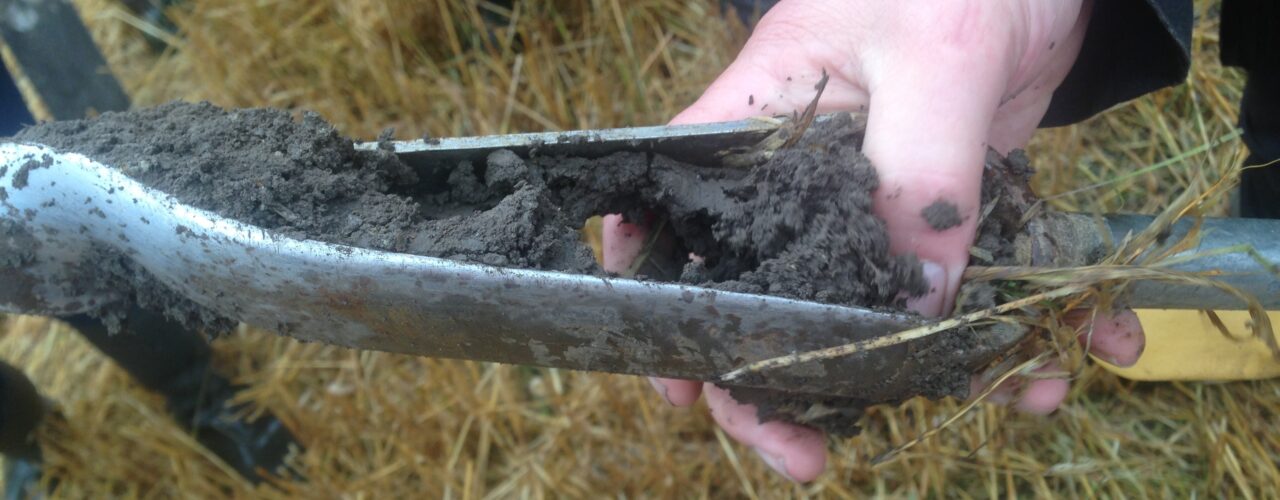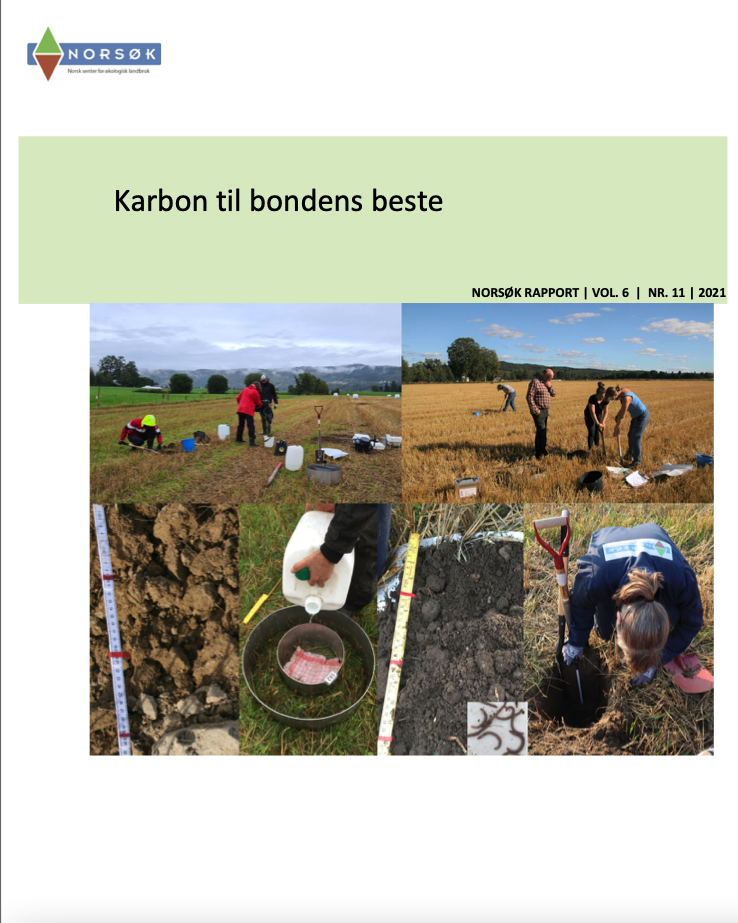
Carbon for farmers good
In this study, we are investigating the long-term effects of two different cereal-growing regimes (monoculture versus grassland-cereal rotations) on soil properties, content of organic matter and carbon storage.

We are investigating carbon storage, soil fertility, biological activity, soil structure and other soil physical properties on farms in Surnadal (western Norway) and Sør-Østerdal in the southeastern part of the country. At each site, we selected four farms that for a long time have been cultivating cereals or cereals and some potatoes, and four farms with grassland-cereal rotations. The selected farms include organic as well as conventional farms. We have chosen farms so that pairs of cereal/crop rotation farms have as similar soil as possible. On each farm, two fields on which cereals are cultivated in 2020 were selected. On these, we will study plant growth, root-development, earthworms, aggregate stability and distribution, soil density, ignition loss and content of labile and total carbon and nitrogen. We will organize three field days. On these days we will visit one farm with cereal monoculture and one with a grassland-cereal rotation, and judge the soil properties with visual assessment of soil structure, earthworms, penetration test and water infiltration.
Target groups include farmers, the agricultural extension service, agricultural authorities, farmers unions and students. The results will be compiled in a NORSØK report, in addition to being published on Agropub and in relevant professional journals. Through the field days and webinars we aim to promote a dialogue between agricultural advisers, farmers and researchers on the implications of the field observations, and on measures for improving soil physical conditions and increasing carbon storage.


